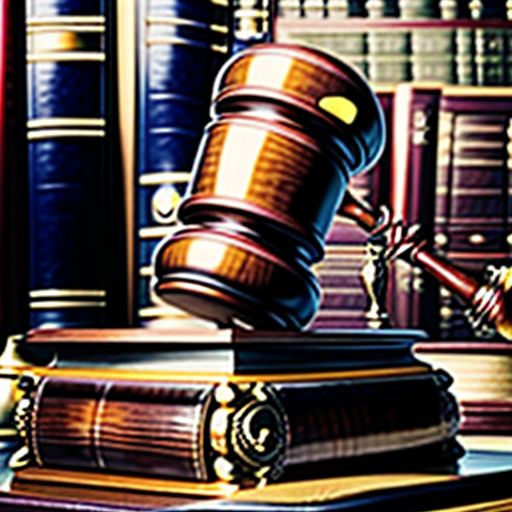Navigating the legal landscape of Los Angeles can be complex, particularly when dealing with federal law. At the heart of this system lies a crucial figure: the US Attorney. But what exactly does a US Attorney do, and how might their role impact you as a resident of Los Angeles? This comprehensive guide delves into the responsibilities, importance, and frequently asked questions surrounding the position of a US Attorney in Los Angeles.
Who is a US Attorney and Why Do They Matter?
Decoding the Term “US Attorney”
The term “US Attorney” often sparks curiosity and even apprehension. Simply put, a US Attorney is a lawyer appointed by the President of the United States to represent the federal government in legal matters within a specific geographic region, known as a federal judicial district.
The US Attorney for the Central District of California
Los Angeles falls under the jurisdiction of the US Attorney’s Office for the Central District of California. This office, one of the largest in the nation, handles a wide range of federal crimes and civil cases, encompassing everything from drug trafficking and fraud to civil rights violations and environmental protection.
What Does a US Attorney Do?
The responsibilities of a US Attorney are vast and varied, demanding a deep understanding of federal law and unwavering commitment to upholding justice. Some of their key functions include:
- Prosecuting Federal Crimes: US Attorneys play a crucial role in bringing charges against individuals and organizations suspected of violating federal law. This includes conducting investigations, presenting evidence to grand juries, and arguing cases in court.
- Defending the United States in Civil Cases: When the federal government is sued, it falls to the US Attorney’s office to represent its interests in court. This could involve defending a government agency against allegations of wrongdoing or representing the government in a contract dispute.
- Collecting Debts Owed to the Government: US Attorneys are also tasked with recovering debts owed to the federal government, such as unpaid taxes or student loans.
Why Should You Care About the US Attorney’s Office in Los Angeles?
The work of the US Attorney’s office has a direct impact on the safety and well-being of Los Angeles residents. By prosecuting crime, defending the rights of citizens, and holding individuals and organizations accountable for their actions, the US Attorney plays a vital role in upholding the rule of law and ensuring justice is served.
attorney.phatgiao60s.com/wp-content/uploads/2024/07/us-attorney-court-66950f.jpg" alt="US Attorney in Court" width="512" height="512">US Attorney in Court
Common Questions about the US Attorney in Los Angeles
The role of a US Attorney often raises questions, especially among those unfamiliar with the intricacies of the legal system. Here are some frequently asked questions about the US Attorney in Los Angeles:
How Do I Contact the US Attorney’s Office in Los Angeles?
Contact information for the US Attorney’s Office for the Central District of California, which serves Los Angeles, can be found on their official website.
Can the US Attorney Help Me With My Case?
While the US Attorney’s office cannot provide legal advice or represent individuals in private matters, they do play a crucial role in addressing larger issues affecting the community.
How Can I Report a Federal Crime in Los Angeles?
If you believe you have witnessed or been a victim of a federal crime, it’s essential to report it to the appropriate federal law enforcement agency, such as the FBI or DEA.
The US Attorney: A Pillar of Justice in Los Angeles
The US Attorney’s office serves as a vital safeguard for the rights and safety of Los Angeles residents. Their work in prosecuting crime, defending the interests of the United States, and upholding the rule of law is paramount to maintaining a just and equitable society. Understanding their role and responsibilities empowers individuals to be informed citizens and engage effectively with the legal system.
We encourage you to share your thoughts and questions in the comments section below. Your engagement helps us foster a more informed and connected community.










